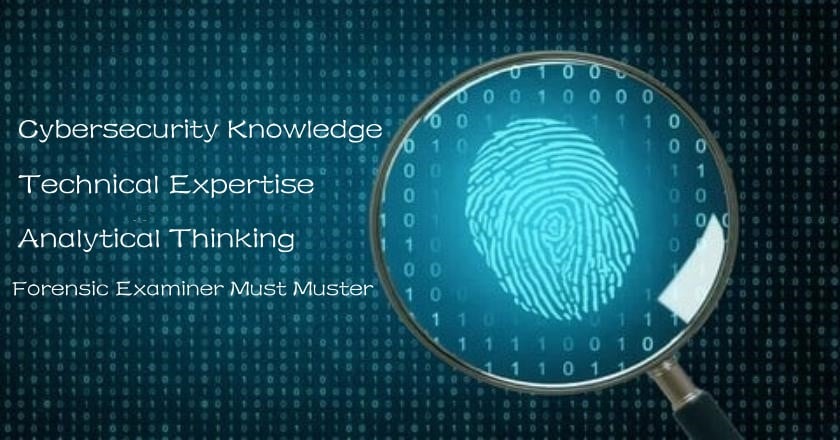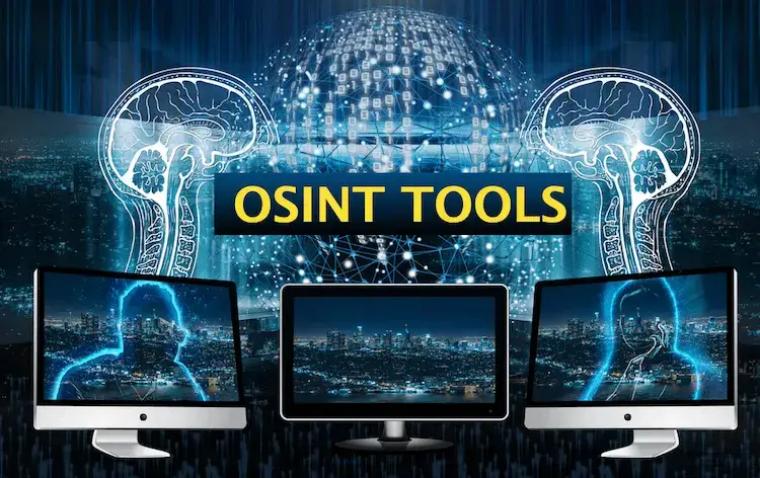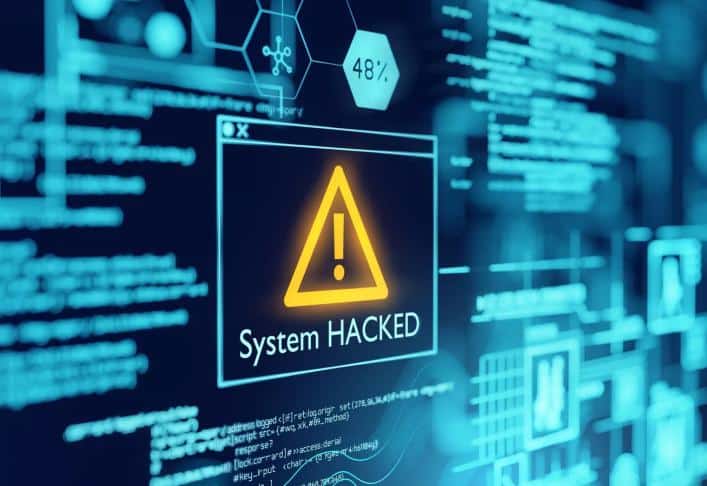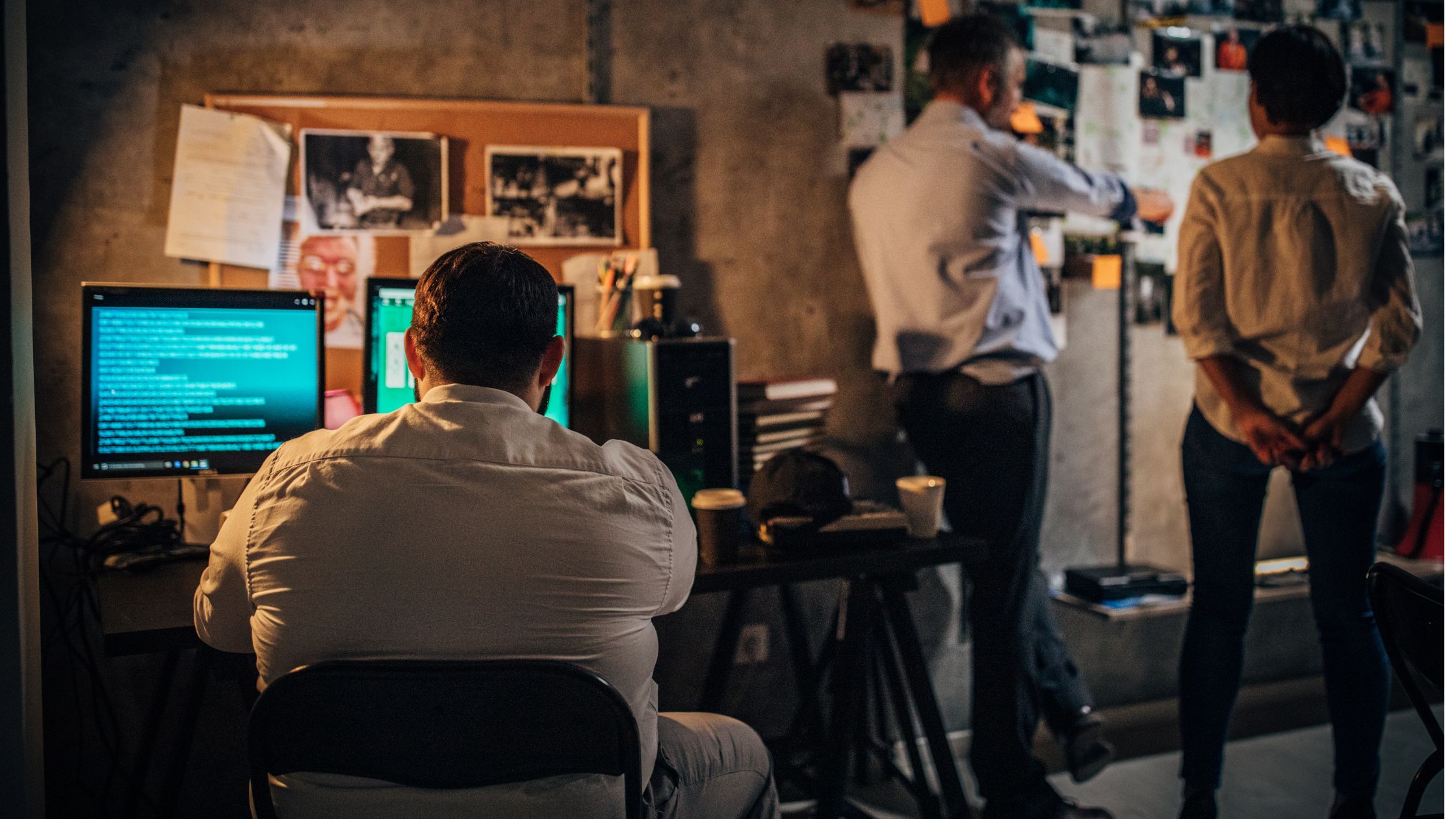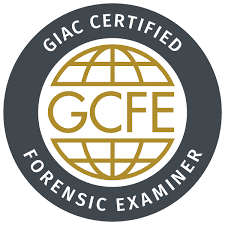A forensic examiner’s job is more important than ever in a world where digital evidence is becoming more and more important. From resolving cybercrimes to supporting well-known court cases, these experts are essential in revealing the truth concealed in gadgets and data.
Because technology is changing so quickly, there are a lot more cyberthreats than there used to be. The skills of forensic experts are needed by businesses, governments, and law enforcement to find security holes, look into events, and make sure justice is done. Getting the skills you need is now a must for success and can’t be skipped.
The fundamental abilities that any forensic examiner has to have in order to succeed in 2025 will be covered in this article . We’ll go over all you need to know to keep ahead in this constantly changing sector, from technical know-how to critical thinking.
